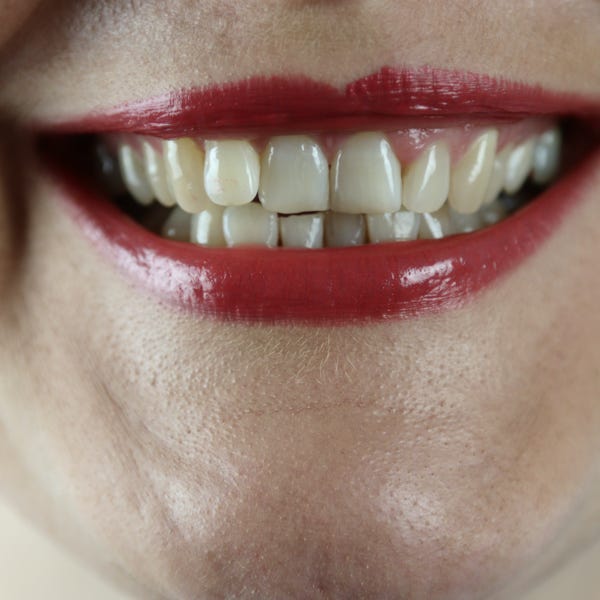

A Desociative Microdisorder
Presentation
Bimolar Disorder is associated with, and defined by a person's unique capacity to speak out of both sides of his or her mouth at the same time. Moreover, while the words emanating from each side of that person's mouth may be similar, even identical, the inflection and speech patterns are very different so that the meanings are usually opposite. A sub-type of Bimolar Disorder, called Bi-scroller Disorder, presents similar symptomatology as Bimolar Disorder but is displayed in written, rather than verbal form. A person with Bi-scroller Disorder composes multiple written communications using the same words but having entirely different meanings.
For example, a person with Bimolar Disorder might utter the statement, "You can't count on me too much." In this case, it is unclear if the person means that he is always available or that he is unreliable. Similarly, the statement, "I can't tell you how much you are loved,” leaves the receiver wondering.
Bimolar Disorder is most prevalent in bankers, lawyers, automobile salespeople, and, of course, politicians. It is unrelated to the microdisorder Tripolar Disorder.

Management
To date, no effective treatment has been found for Bimolar Disorder. This is primarily due to the fact that those with the disorder have found that, while even disrupting their personal lives, it serves them well in their professional dealings.
Copyright © 2010 – 2024, Micropsych.com. These contents may not be reprinted or retransmitted in whole or in part without our express written consent. If you use any of our stuff without asking first, we’ll certainly be pissed off and we may just sue your ass for good measure. Micropsych.com is satire, fiction, spoof. In no way does it represent actual psychological science or therapy. (If you need to be told that, maybe you suffer from an undiagnosed microdisorder yourself.) Proper names used on the micropsych.com website, unless those of public figures or entities, are fictional. Any resemblance to persons or entities is coincidental. Micropsych.com is not associated with any research or treatment center, nor would any reputable facility wish to be associated with micropsych.com.